My Home Land Bangladesh !
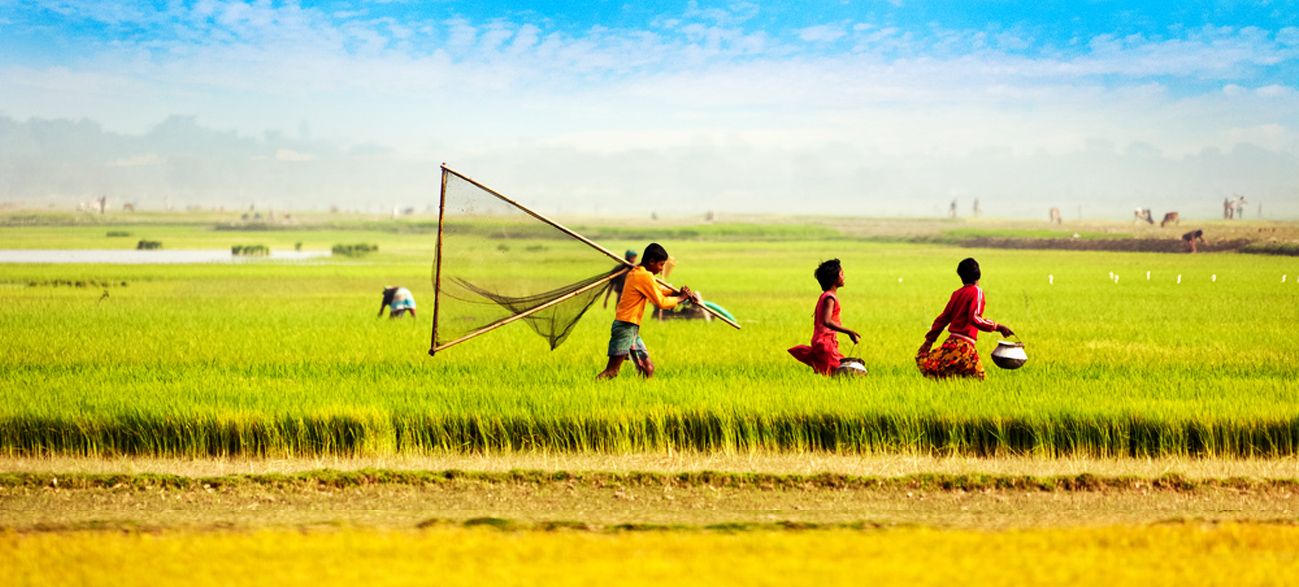
Bangladesh is a land of mystery and intrigue. The country is centuries old and while it has seen many visitors over the years, it is only now starting to experience a commercial tourism boom. In many respects, Bangladesh is a land of opportunity and adventure. All you need do is step out and discover its many mysteries for yourself.
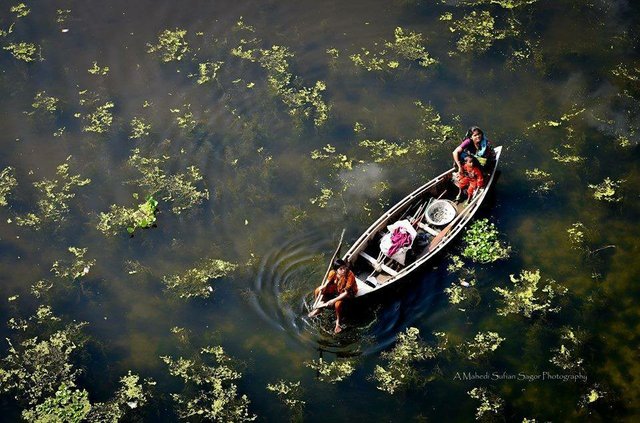
They include the Chinese travellers Fa-hien (fourth century AD), Hue-an-tsung (seventh century), Ma-hoen and Fei-shin (fifteenth century), Ibne Batuta (fourteenth century) from Africa, Nicola Kanti (fifteenth century) and Ceasar the Frederik (sixteenth century) from Venice, Verthema, an Italian in the sixteenth century, Barbosa and Sebastin Manric (sixteenth century) from Portugal, Travernier and Bernier from France (seventeenth century) and Queen Elizabeth-the First's ambassador Ralf Fish.
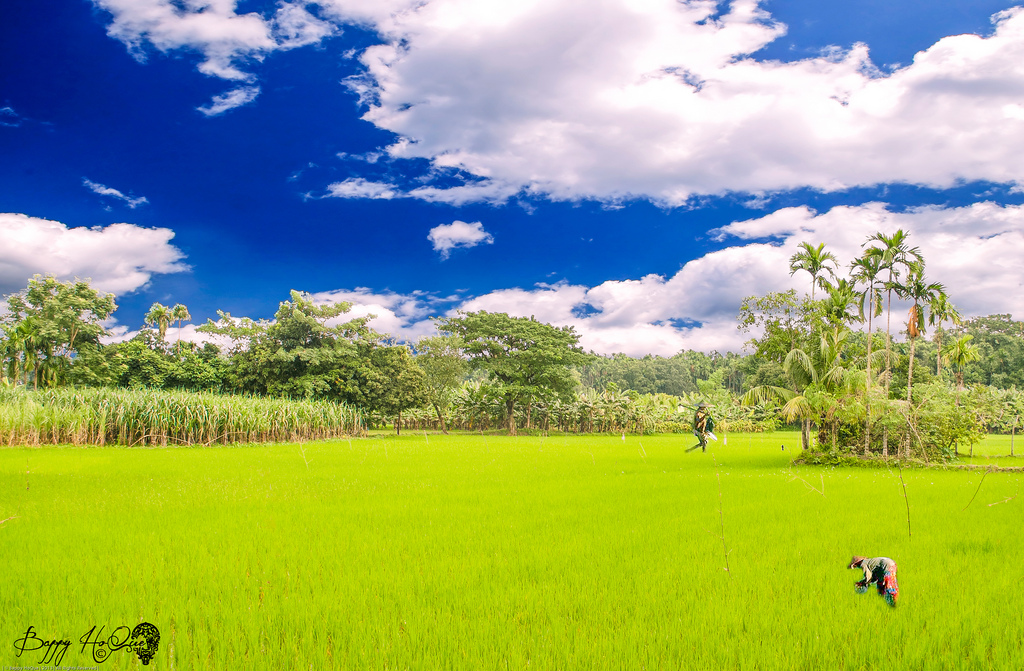
There are so many things to be enjoyed here. Perhaps one of the most popular activities is that of sunning yourself on the exquisite white sandy beaches of Cox's Bazaar and Teknaaf.
Both beaches are situated on the eastern coast of the Bay of Bengal and are relatively unspoilt by tourists making them a great place to spend vacation time. Another attraction is the many archaeological sites in the country.
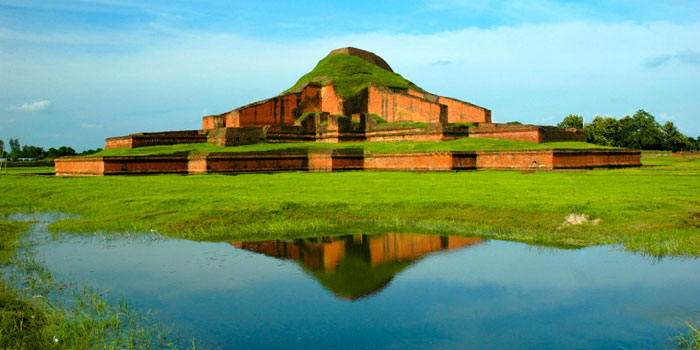
Etymologically, the word Bangladesh is derived from the cognate Vanga which was first mentioned in Aitarey Aranyaka, a Hindu scripture composed between 500 BC and 500 AD. Literally it means a wetland.
Muslim merchants of Arab origin used to refer it as Bangalah from which its present nomenclature is believed to have gradually evolved.
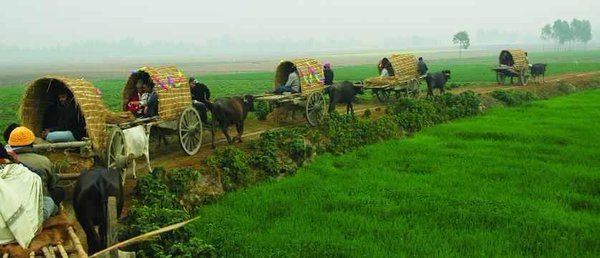
They are interesting from a cultural and architectural point of view and can be fascinating to tour. Bangladesh's other attraction is a bit more lively – the Royal Bengal Tigers which have become somewhat of a trademark for the country. These stunning big cats are somewhat protected in the country and are stunning to behold!
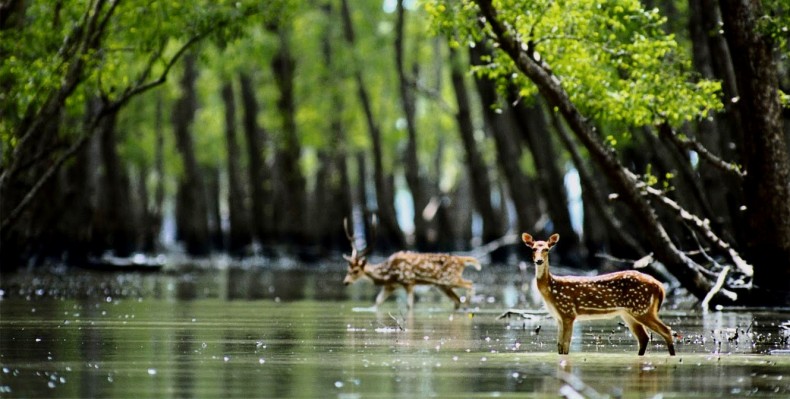
There are about a million, mostly Mongoloid origin, tribal people, the majority of whom live in Hill Tracts districts. They zealously guard their customs, traditions and cultural heritage which are quite distinct from one another and, till to date, largely remain unspoilt. For their living, they mainly depend on traditional cultivation called jhum and cottage craft in which they greatly excel.